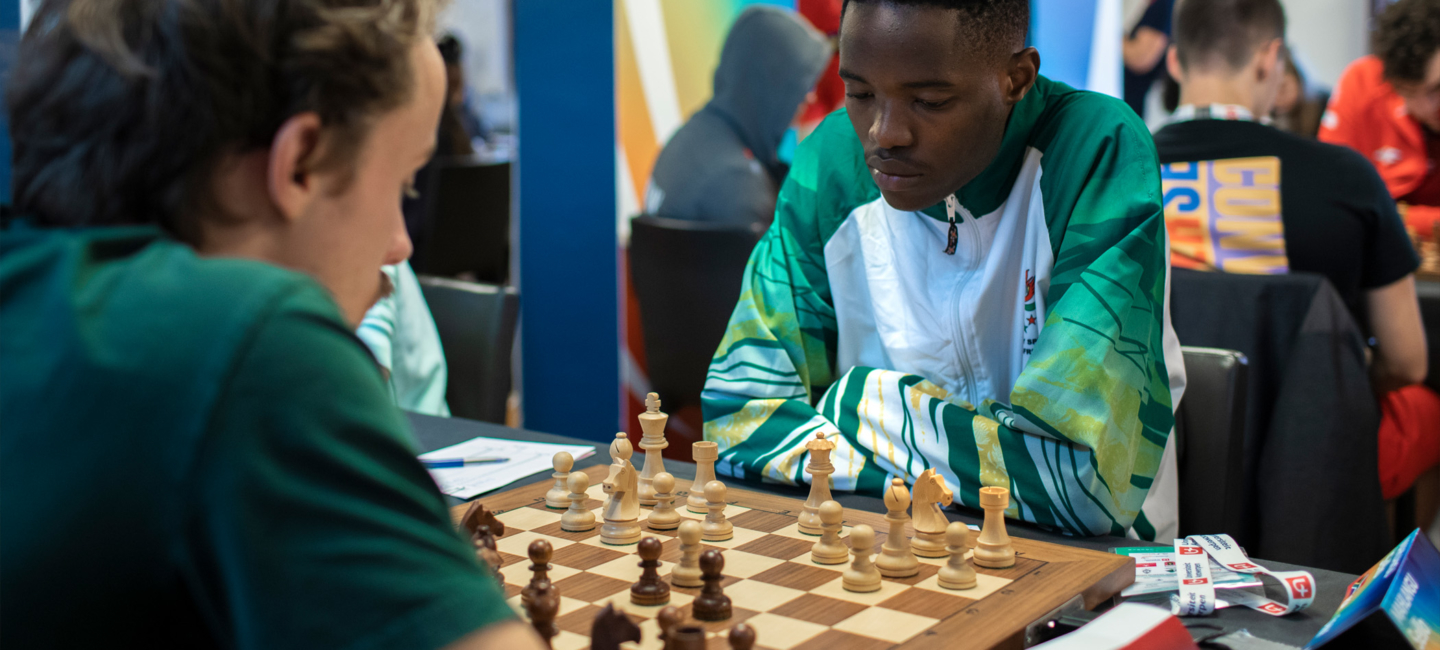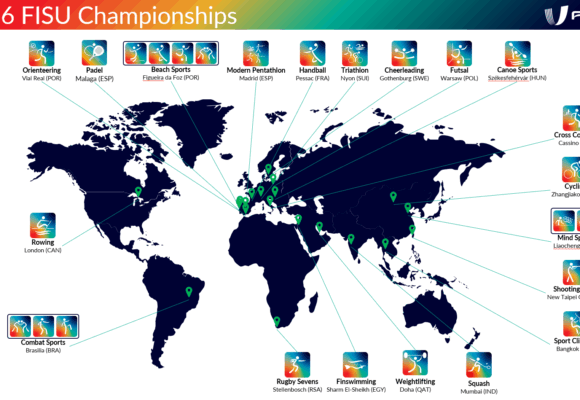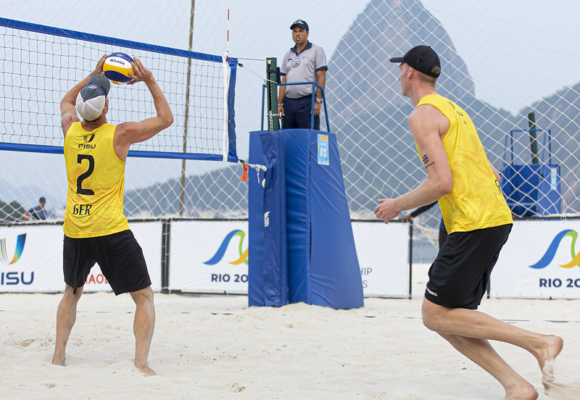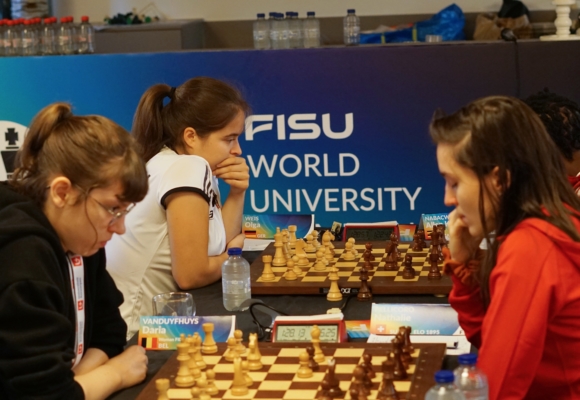These mental gymnastics are held in high esteem in academic circles and the World University Championships Chess have always been a great success. The first edition was held in Odessa, in 1990. Since 2020, Chess is organised in a cluster event as part of the World University Championship Mind Sports.
News
All newsEvents
FISU Technical Committee Chairs
 pol
pol
The History of Chess in FISU
There will always be people who say chess is not a sport. Here at FISU, we never took this assertion seriously and we integrated the discipline into our programme. Extremely popular in academic circles, chess generated successful World University Chess Championships. This was the case during the first two editions staged in Odessa, Ukraine, in 1990 and in Antwerp, Belgium, in 1992. However, these two events suffered from the fact that they were not included in the calendar of the Federation Internationale des Echecs (FIDE), meaning that performances in World University Chess Championships were not taken into account for the delivery of International Master or Grand Master norms. It is only in 1994, with the tournament held in Sofia, Bulgaria, that the FISU Chess World University Championship was recognised at its full value by FIDE and its results officially accepted for international norms and titles.
The FISU championships had reached such a high level that such a recognition was a logical follow up. In line with the FISU regulations and given the specific nature of the competition, men’s and women’s championships consisted in nine-round individual tournaments, Swiss system. Alongside the individual tournaments a team ranking was determined by the adding up of the two best men’s and women’s results. At the fifth edition in 1998 in Rotterdam, the Netherlands, four Grand Masters, sixteen International Masters and fifteen FIDE Masters took part in the men’s competition. In the women tournament, there were eight Grand Masters, three International Masters and six FIDE Masters. It was a dazzling success. In 2020, the FISU World University Championship Mind Sports was held online because of the COVID-19 pandemics but it came back physically in Antwerp, Belgium, in 2022.






